The Powerful Effects of Compound Interest
Getting an early start on your retirement savings may be the best financial move you can make for yourself. Thanks to the power of compound interest, you can make your money work for you and grow exponentially on a tax-deferred basis.
Think of interest as a fee paid for using borrowed money—if you’re investing in an account that pays interest, it’s a fee paid to you. The original amount of money in your retirement account (without added interest) is known as the principal. Compound interest is beneficial because it’s calculated based on the principal plus the interest earned, resulting in greater interest accrual over the life of the investment.
Benefits of Saving Early and Often
Let’s look at the investing choices of two hypothetical investors, Amy and John.
Amy started investing at age 25. She invests $3,600 per year for 15 years (a total of $54,000) at an 8 percent interest rate, then stops.
John didn’t start investing until he was 40. He invests $3,600 per year for 30 years (a total of $108,000) at an 8 percent interest rate.
By now you may be muttering, “Okay, I get it. Saving earlier is better than later.” Although this is a critical point (and one you’ve probably heard before), many people don’t realize just how important it is until they encounter financial trouble. After all, many things can get in the way of retirement saving, including mortgages, car loans, higher education costs, and unexpected injuries or illnesses. The best way to be prepared is to kick off a pattern of saving and take advantage of compound interest as early as you can.
Retirement Readiness
Although retirement may be the furthest thing from your mind now, recognizing how costly it can be may help you stick to a savings plan. Here’s an overview of some expenses that may come into play:
Increasing health care and long-term care costs. As you get older, you may have additional medical concerns or require care in a nursing home.
Income taxes. When you begin withdrawing funds from retirement accounts, you may lose much more of your financial “nest egg” than you thought possible to income taxes.
Everyday expenses. Groceries, home maintenance, insurance, utilities, and other basic living expenses can chip away at your savings.
Travel and hobbies. Many retirees want to travel and take up new hobbies—after all, this is what retirement should be about. Unfortunately, such dreams may not come to fruition if you haven’t saved enough to cover the more crucial expenses above.
Ready to Start Saving Big?
Clearly, getting an early start on your retirement savings—and sustaining that habit over time—can greatly improve your future financial stability. To see how much your money could grow, check out the Compound Interest Calculator on Investor.gov.
~ Presented by Dan LaNasa
This material has been provided for general informational purposes only and does not constitute either tax or legal advice. Although we go to great lengths to make sure our information is accurate and useful, we recommend you consult a tax preparer, professional tax advisor, or lawyer.

